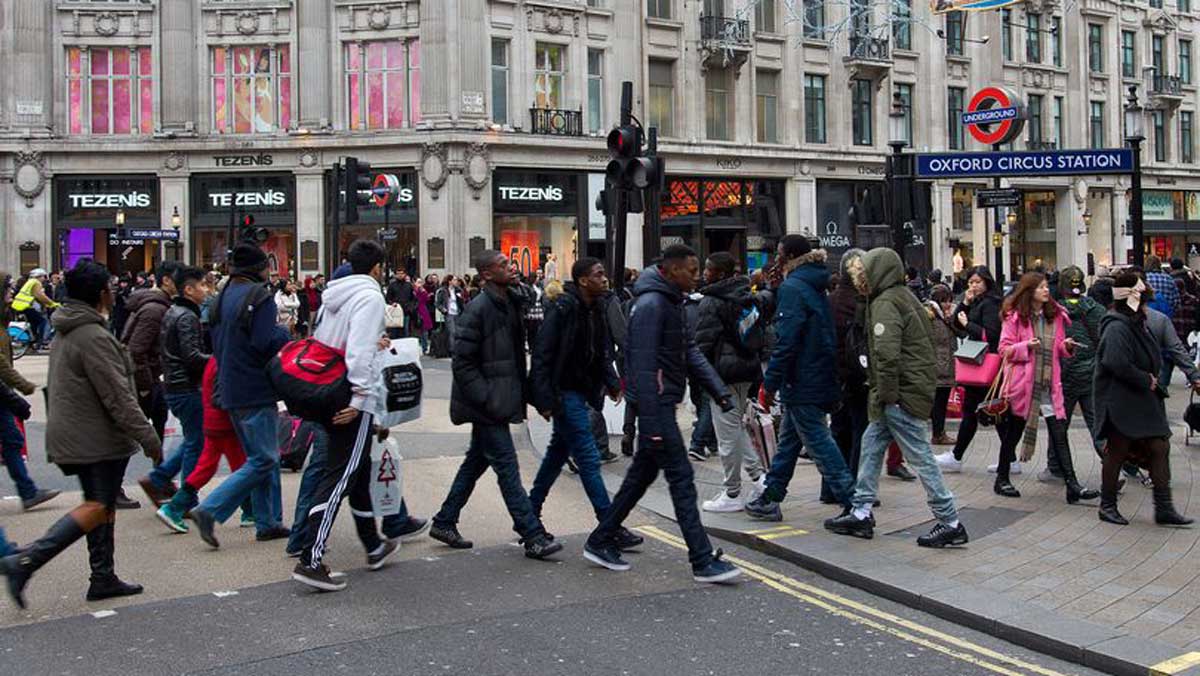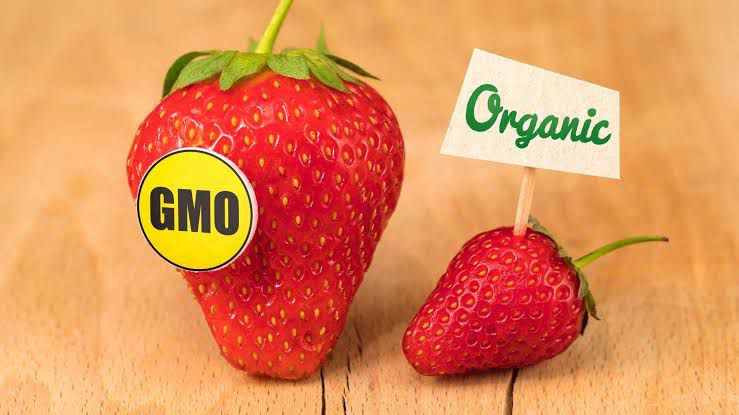With inflation hitting a 40-year high and energy price escalating even higher, African’s living in the U.K are facing an unprecedented cost of living crisis.
Britain’s economy shrank unexpectedly by 0.3% in October as households and businesses came under growing pressure amid the cost of living crisis, raising the risk of a recession and testing the Bank of England’s resolve to stick to its hard-hitting anti-inflation line against cutting interest rates from their 15-year high.
The Office for National Statistics said that gross domestic product (GDP) fell on the month, after growth of 0.2% in September, with contractions across all main sectors of the economy.
Embattled Prime Minister Rishi Sunak says he is determined to cut taxes, keep inflation falling and get mortgage rates down to affordable levels.
Keen to slow down an overheated economy, London has embarked on extensive monetary policy tightening that has helped to halve the inflation rate from 11 percent in 2022 to 4.6 percent in October. Yet, this has meant a slowdown in the rate of economic growth as businesses reduce investments and consumers cut down on spending.
For African communities in the U.K, the surge in food prices, especially essentials like rice, yams, beans, and spices, has profoundly affected their consumption habits. Faced with escalating costs, many are re-evaluating their food preferences and actively seeking more inexpensive alternatives.

For instance, many say they have transitioned from traditionally used, higher-cost brown beans to more budget-friendly options like canned baked beans.
In response to the economic challenges posed by food inflation, Jonathan Okwu, a Nigerian student in Bradford say many in his community are dynamically adjusting their shopping and cooking approaches. “The emphasis is on finding cost-effective alternatives without compromising nutritional value. This involves a keen awareness of budgeting, and individuals are proactively hunting for discounts and deals to mitigate the financial impact of rising food prices on their overall expenditures”.
“In the last ten to twelve months, the effects and impact of the inflation has been very visible,” says Ese Marcus, a Nigerian living in Manchester.
“In terms of food items, I have noticed obvious increments in the price of basic food items two to three times over the last ten months. In total, there has been like fifteen to twenty-five percent increase in food prices over the last ten months in the price of items such as bread, milk, meat and others. The prices have been increasing after every three or four months. You will definitely notice the changes in price.
“What you do is that you reduce consumption, you look for bargain items in the shops which they call Saver products. Each of the shops have their own brands. Saver products tend to be fifty percent cheaper than the popular brands,” he added.


The Bank of England expects inflation to continue to fall in 2024. In its latest set of forecasts published in early November 2023, it forecast the CPI inflation rate to average 4.6 percent in Q4 2023 and 3.1 percent in Q4 2024.
While inflation has fallen back in recent months, experts, including the Bank’s governor, Andrew Bailey, have warned that borrowing costs will need to remain high for a prolonged period to ensure it falls back to the 2 percent target set by the government.
Monetary policy tightening continues to dominate the U.K economic narrative. Consulting firm, PwC says monetary tightening will continue to weigh on growth through 2023 and 2024.
“We have only felt around half of the impact from tightening so far. So, a return to trend growth is not expected until 2025,” PwC asserted in a recent report on the U.K’s economic prospects.
Supply chains’ disruptions as a result of Covid and Brexit, rising energy and fuel prices mainly, but not completely, due to Russia’s full-scale invasion of Ukraine in February 2022 notes Rajneesh Narula, professor of international business at the University of Reading, have coalesced to drive global and domestic inflation.

A recent briefing report released in November by the U.K’s House of Commons, found that food prices rose sharply during 2022 and 2023, as global supply chain disruptions and the effects of Russia’s full-scale invasion of Ukraine lifted the input costs of food producers.
“UK food and non-alcoholic drink prices were 10.1% higher in October 2023 compared with the previous year, based on the CPI measure of inflation. This continued the decline from the recent peak of 19.1% in March 2023, which was the highest rate of increase in food prices since 1977.
“Over the two years from October 2021 to October 2023 food prices rose by 28.0%. It previously took over 13 years, from April 2008 to October 2021, for average food prices to rise by the same amount.
“Another important driver of high inflation has been energy prices, with household energy tariffs and road fuel costs increasing in 2022. Gas prices increased to record levels after Russia launched its full-scale invasion of Ukraine and continued to rise during much of 2022 due to cuts in Russian supply”.
Housing Charity, Shelter, said in August that more than three million people in England who are in work and rent their own homes don’t have enough savings to pay their rent for a month, if they lose their job.

“The cost of living crisis is pushing renters to breaking point, and the government is sitting back while rents spiral out of control.
“From reusing your old teabags to putting on another jumper, taking shorter showers to just ‘working more hours’ – as one politician suggested, the news is full of ways to survive the worst cost of living crisis in the UK since the 1950s,” Shelter noted.












